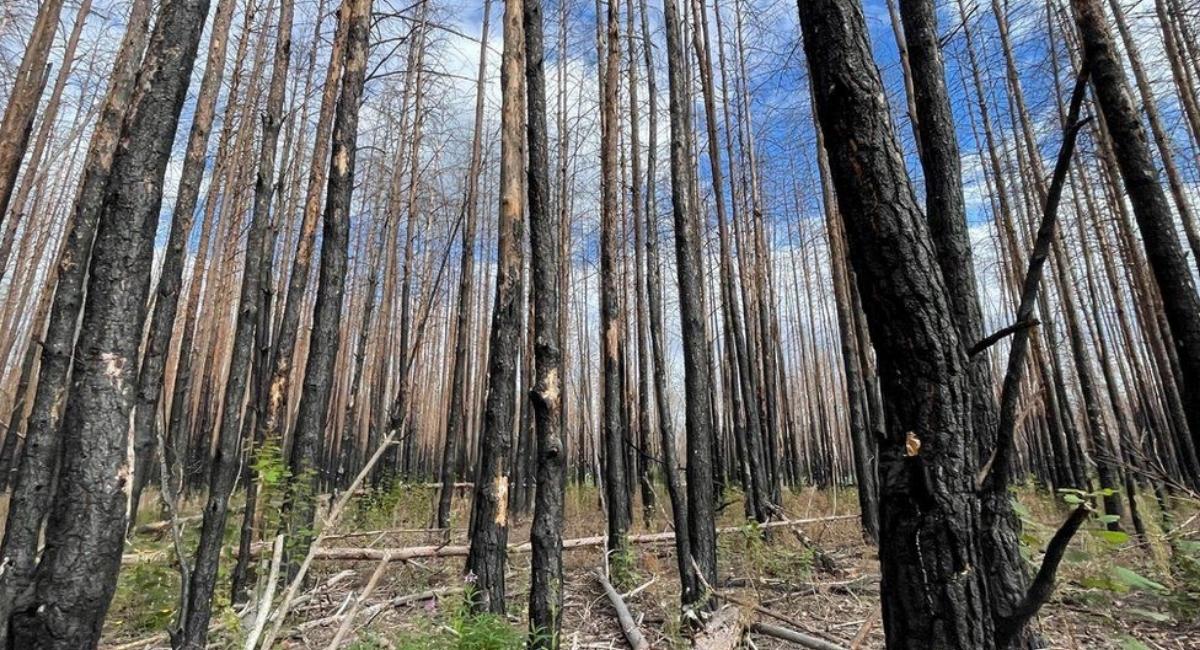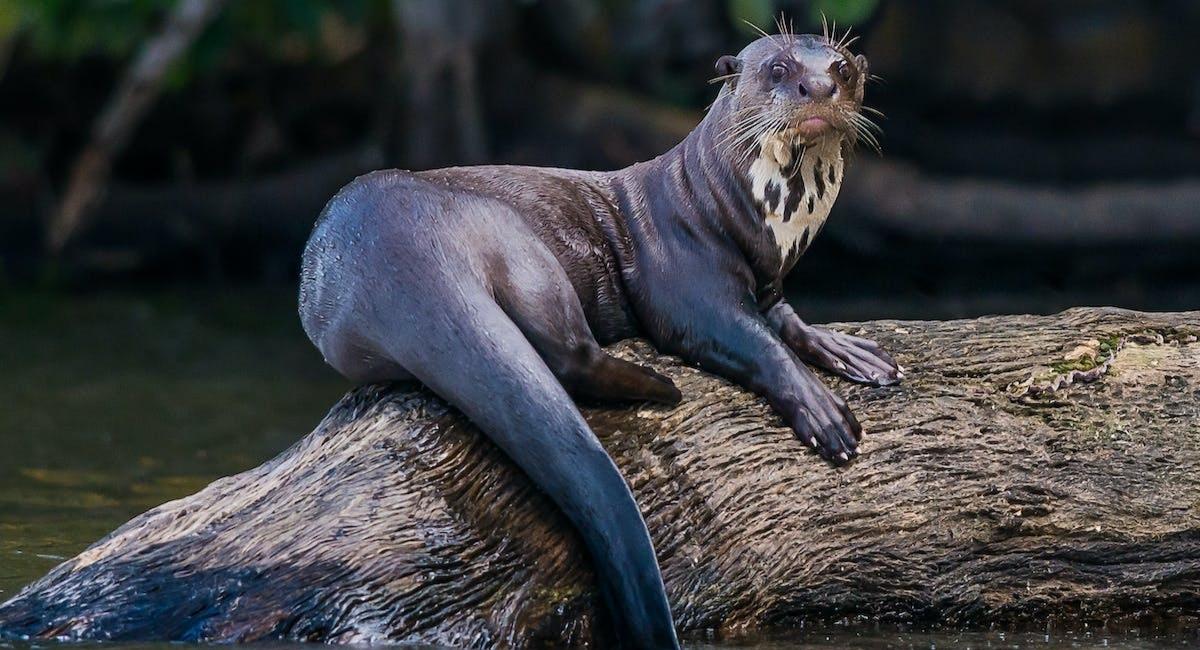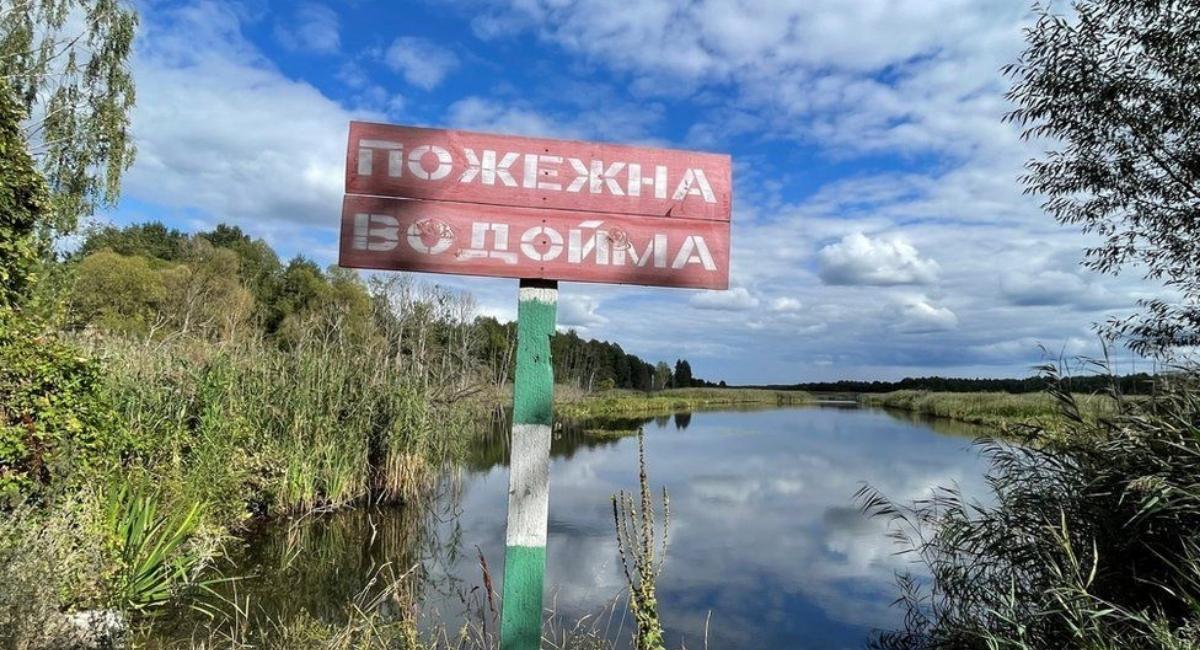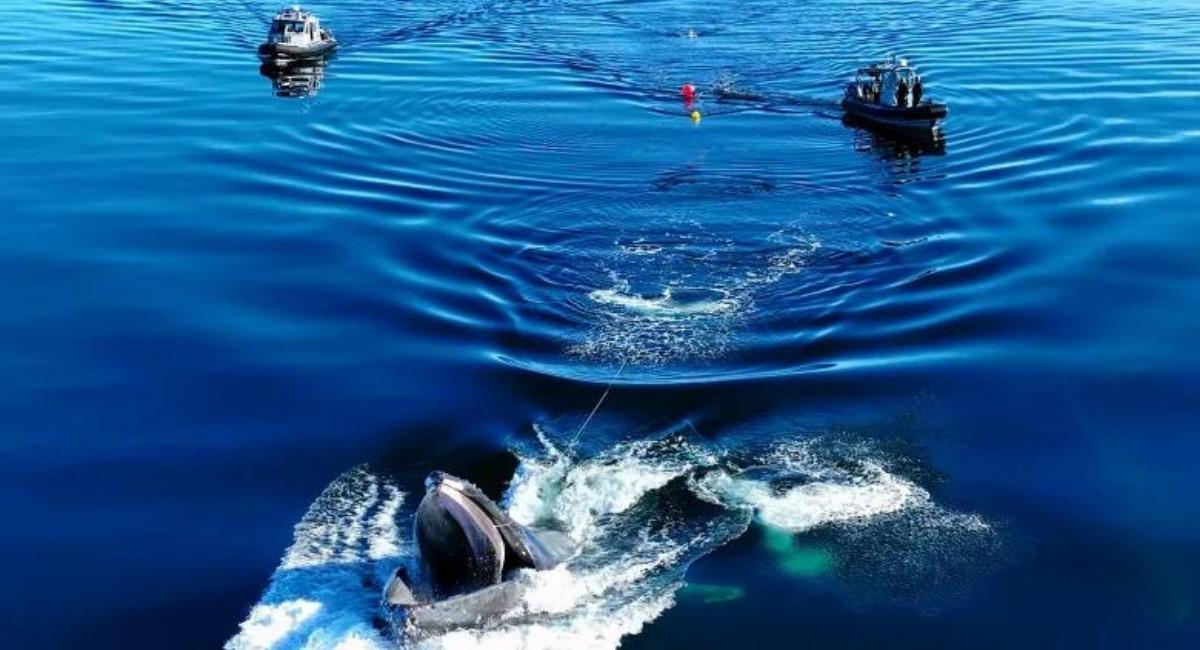Flora & Fauna in Europe's Amazon Suffers Due to the War
October 10, 2022 By Prelo Con

(Image Credit Google)
There is ample evidence of the human and material costs of Russia's invasion of Ukraine. However, the destructive use of weapons and explosives by the invaders has also severely damaged unique species of animals and flora that once thrived in Ukraine's north, also known as Europe's Amazon. And what's worrisome is the fact that it would take them decades to recover, according to a BBC report.
Europe's Amazon in peril
Valeri Stepanenko Oleksandrovych works as a forest ranger at the Drevlyansky nature reserve in northern Ukraine, helping to patrol what was once a beautiful sanctuary for wildlife. It is a region so abundant in species with its marshes, lakes, woods, and heathland that many call it Europe's Amazon.

However, it is in a dangerous region of the world and is only 15 miles from the Belarusian border. So Mr. Stepanenko has good reason to be cautious since, in February, Russia fired rockets, missiles, and artillery rounds across this border. Then, this was followed by an invading
armored column that advanced all the way to the southern suburbs of Kyiv before Ukrainian soldiers equipped with the newest Western weapons forced it back.
According to Mr. Stepanenko, "Russian land mines are
the worst legacy left behind by the invasion. That and the forest fires they set off with their shell fire."
What's more
It is
fair to assume that President Putin's priorities when he ordered his tanks rolling across the border were probably not the preservation of Ukraine's rarer kinds of flora and animals. For instance, Russian artillery munitions fired into northern Ukraine set up forest fires that consumed more than 2,000 hectares (almost 5,000 acres) of a previously uninhabited forest, scattering wildlife and destroying hundreds of other rare flora.

Furthermore, it is clear that wildlife will not be returning to this region of Ukraine anytime soon from the burnt and blackened tree stumps. The reason is that they have nothing to eat and nowhere to hide.
Moreover, this area of Ukraine, known as Polissia, is
a giant oval on the map which includes parts of Belarus, Poland, and Russia. In addition, it is home to species like lynx, wolf, and moose that have long since vanished from the majority of the rest of Europe.
Russian invasion is not the first calamity in Polissia
The Russian invasion is not Polissia's first calamity. For instance, the Chernobyl nuclear power plant's reactor number four erupted on April 26, 1986, spewing a cloud of extremely radioactive particles across Europe and poisoning sections of northern Ukraine with radionuclides. The incident led to the abandonment of
most of the remote villages and cottages in that part of Ukraine. But despite that catastrophe, wildlife managed to survive and even benefited from the sudden disappearance of humans.

On another note, the Ukrainian portion of Polissia now faces a very different issue as a result of the Russians' landmines. The reason is that, unlike
Ukraine, Russia is not a signatory to the 1997 Mine Ban Treaty. Therefore, Russian forces have placed at least seven distinct types of anti-personnel mines around the nation since their invasion, the majority of which are in unmarked minefields.
Hence, this implies that the gravel tracks that the rangers used to patrol down are now too unsafe to utilize here in the northern woodlands. In addition, one of their vehicles struck a landmine at the beginning of September, killing one of the passengers and seriously hurting another.
"
Sometimes," remarked Mr. Stepanenko, "we come across the remains of a deer that has been blown up by a mine. The animals can't see them. It's so sad."
Bottom line
When BBC asked how long will it take to restore safety to Europe's Amazon, he drew deeply on his cigarette before turning his gaze upward to the gently waving pine branches in the fall breeze,
"Years," he answered. Then he turned and added with a sigh, "Decades, in fact."
By Prelo Con
Following my passion by reviewing latest tech. Just love it.


 However, it is in a dangerous region of the world and is only 15 miles from the Belarusian border. So Mr. Stepanenko has good reason to be cautious since, in February, Russia fired rockets, missiles, and artillery rounds across this border. Then, this was followed by an invading armored column that advanced all the way to the southern suburbs of Kyiv before Ukrainian soldiers equipped with the newest Western weapons forced it back.
According to Mr. Stepanenko, "Russian land mines are the worst legacy left behind by the invasion. That and the forest fires they set off with their shell fire."
However, it is in a dangerous region of the world and is only 15 miles from the Belarusian border. So Mr. Stepanenko has good reason to be cautious since, in February, Russia fired rockets, missiles, and artillery rounds across this border. Then, this was followed by an invading armored column that advanced all the way to the southern suburbs of Kyiv before Ukrainian soldiers equipped with the newest Western weapons forced it back.
According to Mr. Stepanenko, "Russian land mines are the worst legacy left behind by the invasion. That and the forest fires they set off with their shell fire."
 Furthermore, it is clear that wildlife will not be returning to this region of Ukraine anytime soon from the burnt and blackened tree stumps. The reason is that they have nothing to eat and nowhere to hide.
Moreover, this area of Ukraine, known as Polissia, is a giant oval on the map which includes parts of Belarus, Poland, and Russia. In addition, it is home to species like lynx, wolf, and moose that have long since vanished from the majority of the rest of Europe.
Furthermore, it is clear that wildlife will not be returning to this region of Ukraine anytime soon from the burnt and blackened tree stumps. The reason is that they have nothing to eat and nowhere to hide.
Moreover, this area of Ukraine, known as Polissia, is a giant oval on the map which includes parts of Belarus, Poland, and Russia. In addition, it is home to species like lynx, wolf, and moose that have long since vanished from the majority of the rest of Europe.
 On another note, the Ukrainian portion of Polissia now faces a very different issue as a result of the Russians' landmines. The reason is that, unlike Ukraine, Russia is not a signatory to the 1997 Mine Ban Treaty. Therefore, Russian forces have placed at least seven distinct types of anti-personnel mines around the nation since their invasion, the majority of which are in unmarked minefields.
Hence, this implies that the gravel tracks that the rangers used to patrol down are now too unsafe to utilize here in the northern woodlands. In addition, one of their vehicles struck a landmine at the beginning of September, killing one of the passengers and seriously hurting another.
"Sometimes," remarked Mr. Stepanenko, "we come across the remains of a deer that has been blown up by a mine. The animals can't see them. It's so sad."
On another note, the Ukrainian portion of Polissia now faces a very different issue as a result of the Russians' landmines. The reason is that, unlike Ukraine, Russia is not a signatory to the 1997 Mine Ban Treaty. Therefore, Russian forces have placed at least seven distinct types of anti-personnel mines around the nation since their invasion, the majority of which are in unmarked minefields.
Hence, this implies that the gravel tracks that the rangers used to patrol down are now too unsafe to utilize here in the northern woodlands. In addition, one of their vehicles struck a landmine at the beginning of September, killing one of the passengers and seriously hurting another.
"Sometimes," remarked Mr. Stepanenko, "we come across the remains of a deer that has been blown up by a mine. The animals can't see them. It's so sad."






